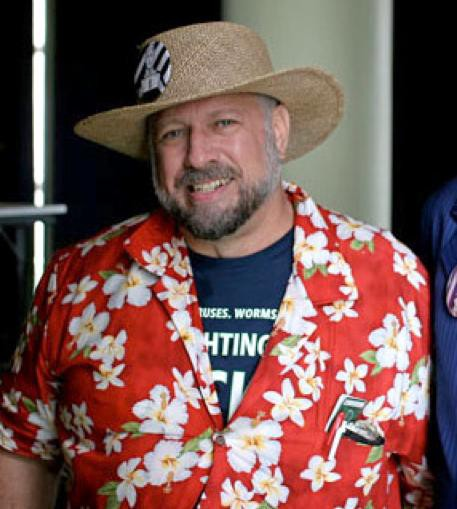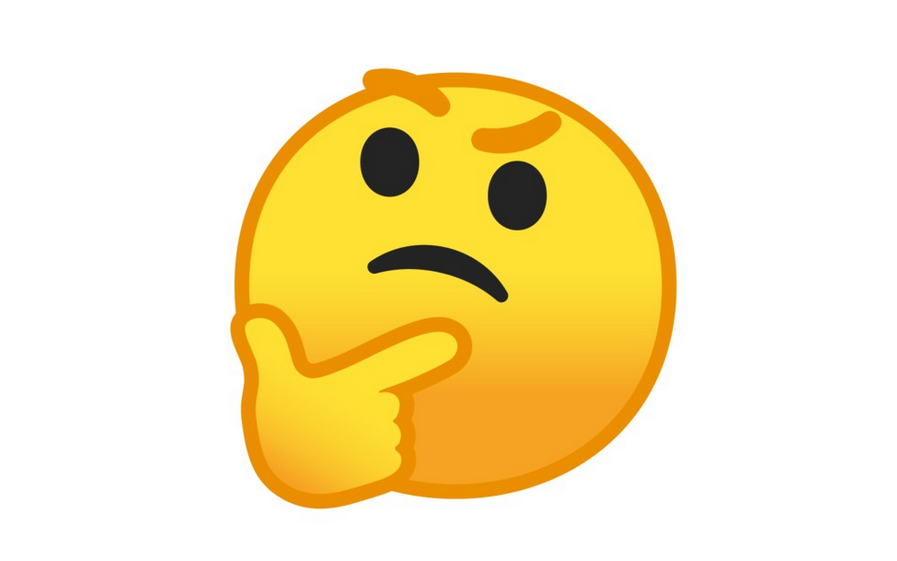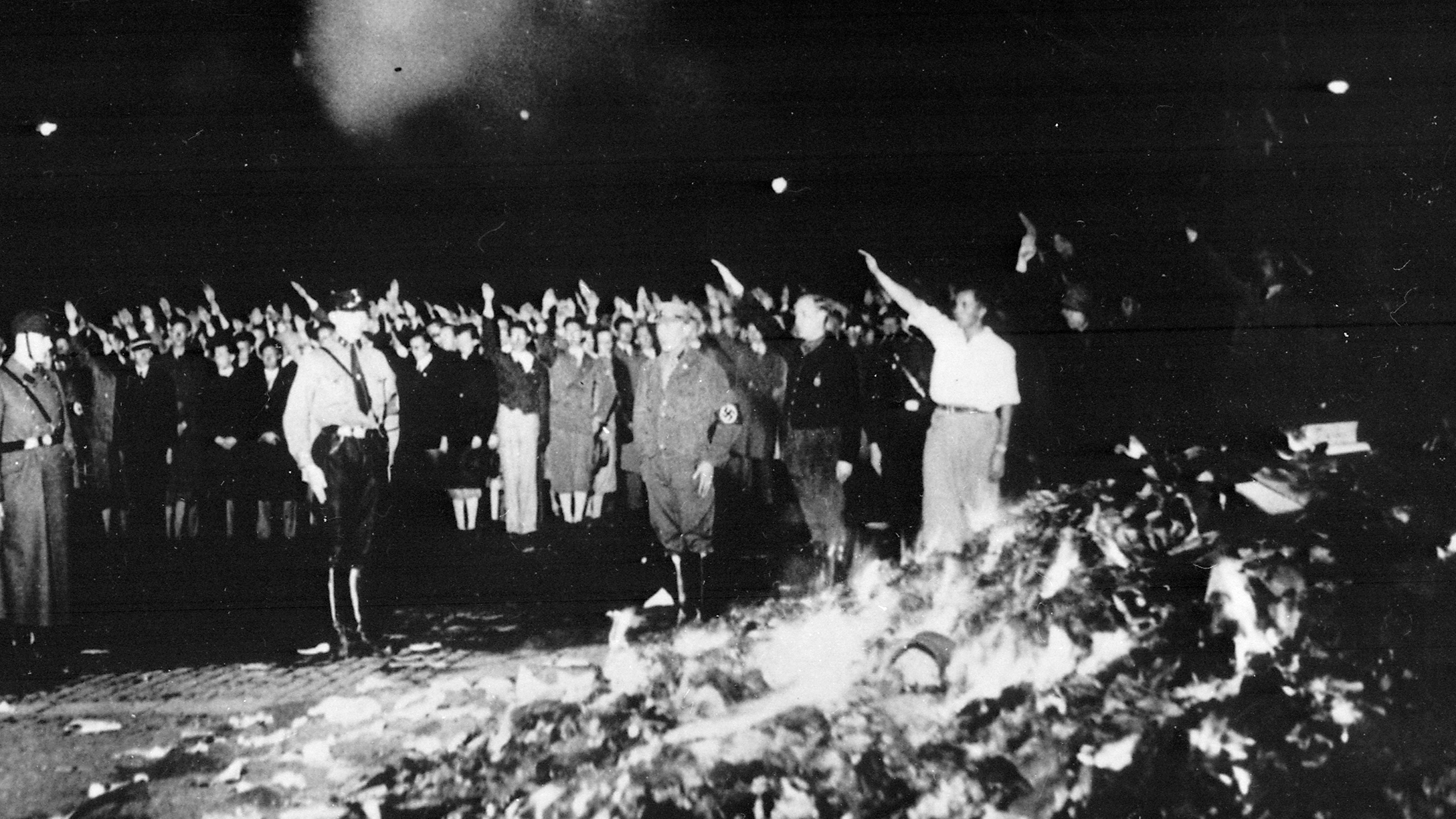Private ownership—in particular the private ownership of books, software, music and other cultural information—is the linchpin of a free society. And it is under threat.
Cory Doctorow’s wrote at BoingBoing about the private ownership of books, because Microsoft is shutting down its e-books service, and all the DRM books people bought from them will thus vanish into thin air. Microsoft will provide refunds to those affected, but that isn’t remotely the point. The point is that all their users’ books are to be shut off with a single poof! on Microsoft’s say-so. That is a button that nobody, no corporation and no government agency, should be ever permitted to have the right to push.
At this very moment, governments are forbidding millions of people, Chinese people, Cubans, Belarusians and Egyptians and Hungarians and many, many others all over this world, from reading whatever they want.
If you were to keep all your books in a place remotely controlled by someone else, some villain really could come along one day and pretty much flip the switch and take them all away — and not just yours but everyone’s, all at once. What if all our books wound up in “the cloud,” and we got some species of Trump deciding to take action against the despicable, dangerous pointy-heads?
Boom! Nothing left to read but The Art of the Deal.
I don’t intend on shutting up about this ever, and I’m sure Doctorow won’t either, bless him.
In 2010, techno-utopianism was in full swing, with e.g. Nick Negroponte going around saying that physical books would be mass-produced for only maybe another five years (ok, sorry guy). His reasoning seems to have had something to do with the fact that books are hard to send to Africa.
Anyway my husband gave me a Kindle for my birthday that year, and I loved it a lot. Thousands and thousands of books fit on this pretty, if potentially sinister, little machine. I’d just go over to Project Gutenberg and vacuum stuff up every which way, because I have no literary discernment whatsoever and will gladly spend the afternoon reading Agatha Christie or really, literally almost anything. Project Gutenberg is now up to more than 59,500 free e-books, all out of copyright and so classics, mostly. And no need to feel the least bit guilty as you might even at a thrift shop, where whatever you buy, it’s going to take up room on bookshelves that you know you don’t have; these books took up no extra room at all.

I bet you will be surprised to hear when Project Gutenberg first started. 1971 (!) is the true answer, and could they ever destroy every Final Jeopardy contestant with that one, I bet. Its founder, Michael Hart, was a most unusual and interesting man. The ultimate anti-corporatist. Like Yoda, Mr. Hart doesn’t appear to have possessed much glamour or power on the outside, but he was brimming with these and other virtues on the inside. He didn’t care two pins about money, wouldn’t take a salary for years and years, and acquired the few bits of stuff he seemed to need at garage sales.
In the 1970s, nobody knew that computers would eventually be used for the mass storage of culture. It hadn’t occurred to anyone yet that the computer would be useful for anything aside from just computation. It was so shockingly, incredibly good at that! There was such a lot of computation that needed doing, so computation was first in line.
Now it is clear as day that whoever controls computer storage will effectively control the media commons. There are a lot of champions in this fight, but Michael Hart saw it all coming about half a century ago and started typing his fool head off, dozens and dozens of whole books, long before OCR was a gleam in a programmer’s eye. Hart did more to secure the future of the public domain than anyone else in the world, I believe. Project Gutenberg’s widely distributed books cannot be taken away—and when they’re downloaded and stored on private devices and media, it’s like insurance for Western Civ.
My first few times on Project Gutenberg I downloaded a lot of rare early Wodehouse (highly recommended: The Swoop! or, How Clarence Saved England) and also a lot of Thackeray, Gibbon, pretty much all of Mrs. Gaskell and, just by accident, Émile Gaboriau’s La Vie Infernale — the fruitiest, most marvelous 19th-c. French melodrama (in two parts: The Count’s Millions and Baron Trigault’s Vengeance. I just love those.) Plus Shakespeare and the King James Bible and that sort of stuff.
I am no fan of Amazon, and even back then I resisted spending money there, but I did buy an e-book copy of Infinite Jest, which is far and away my favorite modern novel. A few days later, I was having a little dispute with my husband over whether or not Wallace misuses the word “ilk” in that book, which with the Kindle’s search feature took about twenty seconds to settle (A: not really; the solecism appears just once, in the quoted speech of Madame Psychosis.) It’s all thrillingly searchable, and browsable, plus once you get a book on your Kindle (or Nook, or equiv.) you can highlight things and also make your own notes. By now scholars, researchers, historians and journalists will want both a searchable ebook copy and a paper copy, I would think, of anything they’re really interested in.
I also learned that having an e-reader meant that one might quite easily wind up buying more books than before, if anything, because the getting of books was on one’s mind more.
So all that is the upside of owning e-books.
But my Fahrenheit-451-paranoia was fanned into a giant flaming ball of fear-napalm when I looked into the personal ownership of the files and books on my own Kindle. And things have only gotten a lot worse since then.
Almost exactly ten years ago, you may remember, Amazon came stealthily along and deleted e-copies of 1984 (no seriously, they did) and Animal Farm from people’s Kindles — copies they’d already paid for and downloaded — because it turned out that there was a rights problem with the e-publisher. Jeff Bezos wound up apologizing all over himself and taking it all back and promising never to do that ever again, but the fact remains that Amazon has some kind of access to your Kindle files and can literally remove them, if they feel like it, which is downright creepy, and if it were your computer you would not like it one little bit.
Having learned this, I went along and had a closer look at the then-current Kindle License Agreement. There was some simply petrifying stuff on there. For starters, then as now, you don’t “own” Kindle books, you’re basically renting them. (“Kindle Content is licensed, not sold, to you by the Content Provider.”)
Amazon’s current terms of use now specify explicitly that they can look over your shoulder while you read. Check this out!
Information Provided to Amazon. The Kindle Application will provide Amazon with information about use of your Kindle Application and its interaction with Kindle Content and the Service (such as last page read, content archiving, available memory, up-time, log files, and signal strength).
They can change the software on you whenever they like, or just shut it down completely, without so much as a by your leave:
Changes to Service; Amendments. We may change, suspend, or discontinue the Service, in whole or in part, including adding or removing Subscription Content from a Service, at any time without notice.
That is how a totalitarian state might go about confiscating books, if they wanted to. There is nothing in this agreement to stop Amazon from modifying the Kindle software to make it impossible for you to read any of your own files on the device.
Such a step is not forbidden to Amazon by this agreement; they are under no apparent obligation to protect any data you might be storing. That’s not to say that there aren’t laws, at least in some states, that might allow you to sue for damages; I don’t know. I’m just saying, this agreement doesn’t require Amazon to protect your data.
A bad government could just grab the controls from them and have at it.
Changes to Service; Amendments. We may change, suspend, or discontinue the Service, in whole or in part, including adding or removing Subscription Content from a Service, at any time without notice. We may amend any of this Agreement’s terms at our sole discretion by posting the revised terms on the Amazon.com website.
Or they might decide to shut just your account down:
Termination. Your rights under this Agreement will automatically terminate if you fail to comply with any term of this Agreement. In case of such termination, you must cease all use of the Service, and Amazon may immediately revoke your access to the Service without refund of any fees.
Keep in mind these are your books that you bought or collected. Can you imagine a bookseller or publisher asserting rights over the contents of your bookshelves in your house? That’s basically what we’re talking about, here.
After reading all this back in 2010, I rang the (excellent, and very polite) Kindle customer service up to learn more, especially about privacy issues. One thing I wanted to know was exactly how much access Amazon had to my private, personal Kindle files (such as .txt and .pdf files that I’d made myself.) But after being bumped up through a couple of layers of supervisors, I didn’t get very clear answers. For instance, on the question of Amazon’s remote access to my personal stuff. “We don’t have access to your files,” I was first told. But can you see my personal files? And if you wanted to delete my personal files, as was done with the Orwell books, could you do it?
“We don’t do that.”

Eight or nine years down the road, we can be pretty sure that if a tech behemoth suddenly feels like doing something horrible, they just will do it. Please buy paper books.
A portion of this piece appeared in somewhat different form in 2010 at The Awl.






